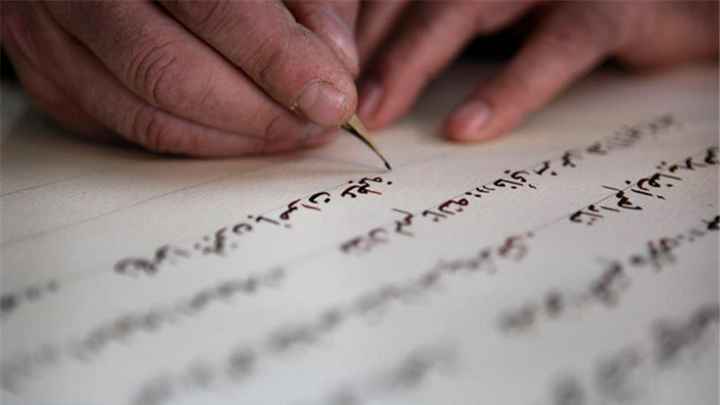What you'll learn
- Units, prefixes, errors, force and Newton’s Laws
- Momentum, density and moments
- Stress, strain and the Young Modulus
- Electrical current, basic circuits and resistivity
- Nuclear physics, fundamental particles and radioactivity
- Circular motion and Simple harmonic motion (SHM)
- Kinetic theory of gases and the ideal gas equation
- Capacitance
- Photons, photoelectric effect and spectra
- Waves, polarisation and Doppler effect
- Refraction, Diffraction, Interference and waveparticle duality
- Thermodynamics and specific heat capacity/latent heat
Introduction
This specification offers an overview of the LRN International AS & A Level Physics program. It caters to a diverse audience, including students, educational centers, administrators, employers, parents/guardians, teachers, and examiners. The specification highlights the key features and administrative processes required for this international qualification.
Objective
The LRN International AS & A Level Physics program aims to enable international students to demonstrate their practical and theoretical abilities across a range of topics, such as Newton’s Laws, Momentum, Density and Moments, Stress, Strain and the Young Modulus, Electrical Current, Basic Circuits and Resistivity, Circular Motion and Simple Harmonic Motion (SHM), Kinetic Theory of Gases and the Ideal Gas Equation, Photons, Photoelectric Effect and Spectra, Thermodynamics and Specific Heat Capacity/Latent Heat, and Charge-Mass-Field Interactions.
Mode of Delivery
This qualification is designed to be delivered within educational centers. Centers must prove to LRN, through the center recognition process, that they possess the necessary resources, facilities, and expertise to deliver the program. Additionally, centers must meet LRN’s criteria by showcasing their capacity, capability, and resources, including appropriately qualified staff.
Progression
The LRN International AS & A Level Physics program is designed to accommodate students with diverse backgrounds, educational levels, and career goals. Depending on the level of qualification achieved, students may progress to:
– A similar Level 3 qualification in Physics
– LRN Level 3 Diploma in Pre-U Foundation Studies
– Higher-level qualifications, such as HNC/HND or Degrees
– Vocationally related qualifications
Breakdown of Assessment Objectives
AO1 – Demonstrate knowledge and understanding of:
– Scientific ideas
– Scientific techniques and procedures
AO2 – Apply knowledge and understanding of:
– Scientific ideas
– Scientific inquiry, techniques, and procedures
AO3 – Analyze information and ideas to:
– Interpret and evaluate
– Make judgments and draw conclusions
– Develop and improve experimental procedures
Assessment
The assessment for this qualification consists of written exam papers and practical demonstrations of skills, set and marked by LRN.
Private Candidates
The assessment for this qualification consists of written exam papers and practical demonstrations of skills, set and marked by LRN.
Grading
The LRN International A Level will be graded on a six-point scale: A*, A, B, C, D, and E. The LRN International AS Level will be graded on a five-point scale: A, B, C, D, and E. Candidates who fail to achieve the minimum standard for grade E will be recorded as U (unclassified) and will not receive a qualification certificate.
Results
Exam series occur in:
– January (results released in March)
– June (results released in August)
– November (results released in January)
Re-takes
Candidates can re-take each paper as often as they wish, within the shelf-life of the specification.













